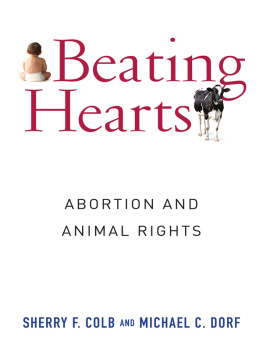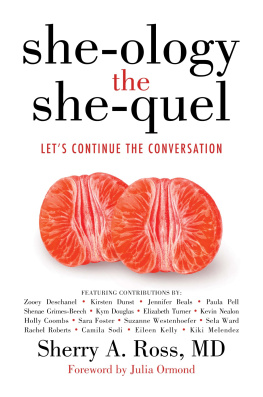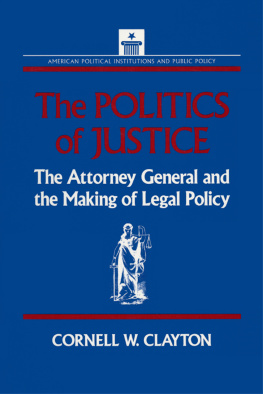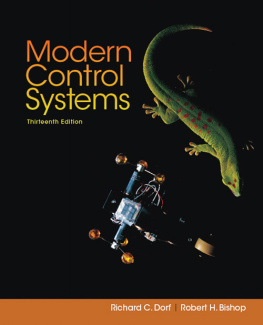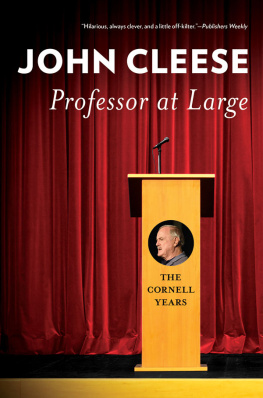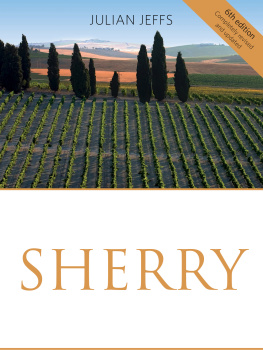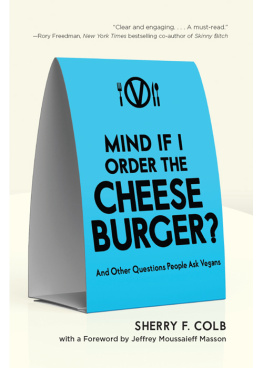BEATING HEARTS
CRITICAL PERSPECTIVES ON ANIMALS:
THEORY, CULTURE, SCIENCE, AND LAW
CRITICAL PERSPECTIVES ON ANIMALS:
THEORY, CULTURE, SCIENCE, AND LAW
Series Editors: Gary L. Francione and Gary Steiner
The emerging interdisciplinary field of animal studies seeks to shed light on the nature of animal experience and the moral status of animals in ways that overcome the limitations of traditional approaches. Recent work on animals has been characterized by an increasing recognition of the importance of crossing disciplinary boundaries and exploring the affinities as well as the differences among the approaches of fields such as philosophy, law, sociology, political theory, ethology, and literary studies to questions pertaining to animals. This recognition has brought with it an openness to rethinking the very terms of critical inquiry and the traditional assumptions about human being and its relationship to the animal world. The books published in this series seek to contribute to contemporary reflections on the basic terms and methods of critical inquiry by focusing on fundamental questions arising out of the relationships and confrontations between humans and nonhuman animals, and ultimately to enrich our appreciation of the nature and ethical significance of nonhuman animals by providing a forum for the interdisciplinary exploration of questions and problems that have traditionally been confined within narrowly circumscribed disciplinary boundaries.
The Animal Rights Debate: Abolition or Regulation?, Gary L. Francione and Robert Garner
Animal Rights Without Liberation: Applied Ethics and Human Obligations, Alasdair Cochrane
Experiencing Animal Minds: An Anthology of Animal-Human Encounters, edited by Julie A. Smith and Robert W. Mitchell
Animalia Americana: Animal Representations and Biopolitical Subjectivity, Colleen Glenney Boggs
Animal Oppression and Human Violence: Domesecration, Capitalism, and Global Conflict, David A. Nibert
Animals and the Limits of Postmodernism, Gary Steiner
Being Animal: Beasts and Boundaries in Nature Ethics, Anna L. Peterson
Flight Ways: Life and Loss at the Edge of Extinction, Thom van Dooren
BEATING HEARTS
ABORTION AND ANIMAL RIGHTS
Sherry F. Colb and Michael C. Dorf
Columbia University Press
New York
Columbia University Press
Publishers Since 1893
New York Chichester, West Sussex
cup.columbia.edu
Copyright 2016 Columbia University Press
All rights reserved
Library of Congress Cataloging-in-Publication Data
E-ISBN 978-0-231-54095-7
Colb, Sherry F., 1966 author.
Beating hearts : abortion and animal rights / Sherry F. Cobb and Michael C. Dorf.
pages cm. (Critical perspectives on animals : theory, culture, science, and law)
Includes bibliographical references and index.
ISBN 978-0-231-17514-2 (cloth : alk. paper)
ISBN 978-0-231-54095-7 (ebook)
1. LawMoral and ethical aspects. 2. Animal welfareLaw and legislation. 3. Animal rights movement. 4. AbortionLaw and legislation. 5. Pro-choice movement. I. Dorf, Michael C., author. II. Title.
K247.6.C65 2016
179.3dc23
2015026814
A Columbia University Press E-book.
CUP would be pleased to hear about your reading experience with this e-book at .
Cover design: Mary Ann Smith
References to websites (URLs) were accurate at the time of writing. Neither the authors nor Columbia University Press is responsible for URLs that may have expired or changed since the manuscript was prepared.
CONTENTS
A great many people played important roles in our thinking about the issues addressed in this book. Gary Franciones influence on our views about nonhuman animals and on our lives has been enormous. As Sherrys colleague at Rutgers School of LawNewark for thirteen years, he was a shining example of how we could live according to our values. We regret that it took us as long as it did to follow his example, but that was our failing, not his. In addition, he and Gary Steiner were extremely generous in urging us to submit our book for publication in their wonderful series. We are honored to be included.
Each of us has been thinking and writing about reproductive rights questions for a long time, at least since law school in the late 1980s. Our respective mentorsespecially Nomi Stolzenberg and Laurence Tribehelped us develop our views on these questions and offered us scholarly opportunities for which we will always be grateful. More recently, a teaching and scholarly collaboration between Michael and Sidney Tarrow gave us a grounding in the dynamics of social movements, discussed in .
We transitioned from vegetarian to vegan in 2006, and we soon discovered an incredibly supportive community. Much of what we know and think about animal rights comes from extended conversations with our friends in and around the movement, including (in addition to those already mentioned) Jonathan Balcombe, Carol Barnett, Ted Barnett, Harold Brown, Taimie Bryant, Neil Buchanan, T. Colin Campbell, Jim Corcoran, Anne Dinshah, George Eisman, JoAnn Farb, Joe Farb, Lewis Freedman, Amber Gilewski, Stephen Glass, Ariel Gold, Amie Hamlin, Lara Heimann, Mark Heimann, Julie Hilden, Robert Hockett, Keith Langer-Liblick, Stephanie Langer-Liblick, James LaVeck, Bob Linden, Eric Lindstrom, Jen Majka, Jeffrey Moussaief Masson, Milton Mills, Victoria Moran, Ducson Nguyen, Alan Scheller-Wolf, Terri Scheller-Wolf, Mary Schuelke, Harold Schultz, Linnaea Scott, Paul Scott, Rae Sikora, Jasmin Singer, Jenny Stein, Mariann Sullivan, Evan Tasch, and Priscilla Timberlake.
We are also very grateful to Cornell Law School for supporting our work and for providing vegan options at just about every event at which food is served. For most of our time at Cornell thus far, Stewart Schwab was the dean, and we very much appreciate his leadership in this and so many other respects. Eduardo Pealver, our new dean, has also been enormously supportive. Speaking of Cornell, we would also like to thank the students and the guest speakers in Sherrys animal rights seminars, whose challenges and insights are reflected in these pages. Special thanks to our tireless and thorough research assistants, Jesse London, Justin Mungai Ndichu, Geoffrey Parker, and Matthew Tymann, to Ernestine Da Silva and Gina Jackson for their help in formatting the manuscript, and to Estalita Slivosky for preparing the index.
Eduardo Pealver, Sidney Tarrow, Mans Weisskircher, Alan Scheller-Wolf, and two reviewers for Columbia University Press read all or substantial parts of the manuscript and gave us extremely helpful feedback. We are also grateful to participants in workshops and conferences at Cornell University, Princeton University, Rutgers School of LawNewark, UCLA School of Law, and the annual Vegetarian Summerfest at University of Pittsburgh at Johnstown.
Finally, we extend special thanks also to our wonderful vegan daughters, Amelia Colbdorf and Meena Colbdorf, for making our values their values; we do not take that for granted.
TWO MOVEMENTS, ONE SET OF ISSUES
How can someone who condemns practices like animal farming, hunting, and experimentation favor a right to abortion? Abortion, after all, is the deliberate taking of a human life, or at least of a potential human life. Yet many people in the animal rights movement do support legal abortion. Do animal rights activists really care more about the well-being of nonhuman animals than they do about tiny humans?

